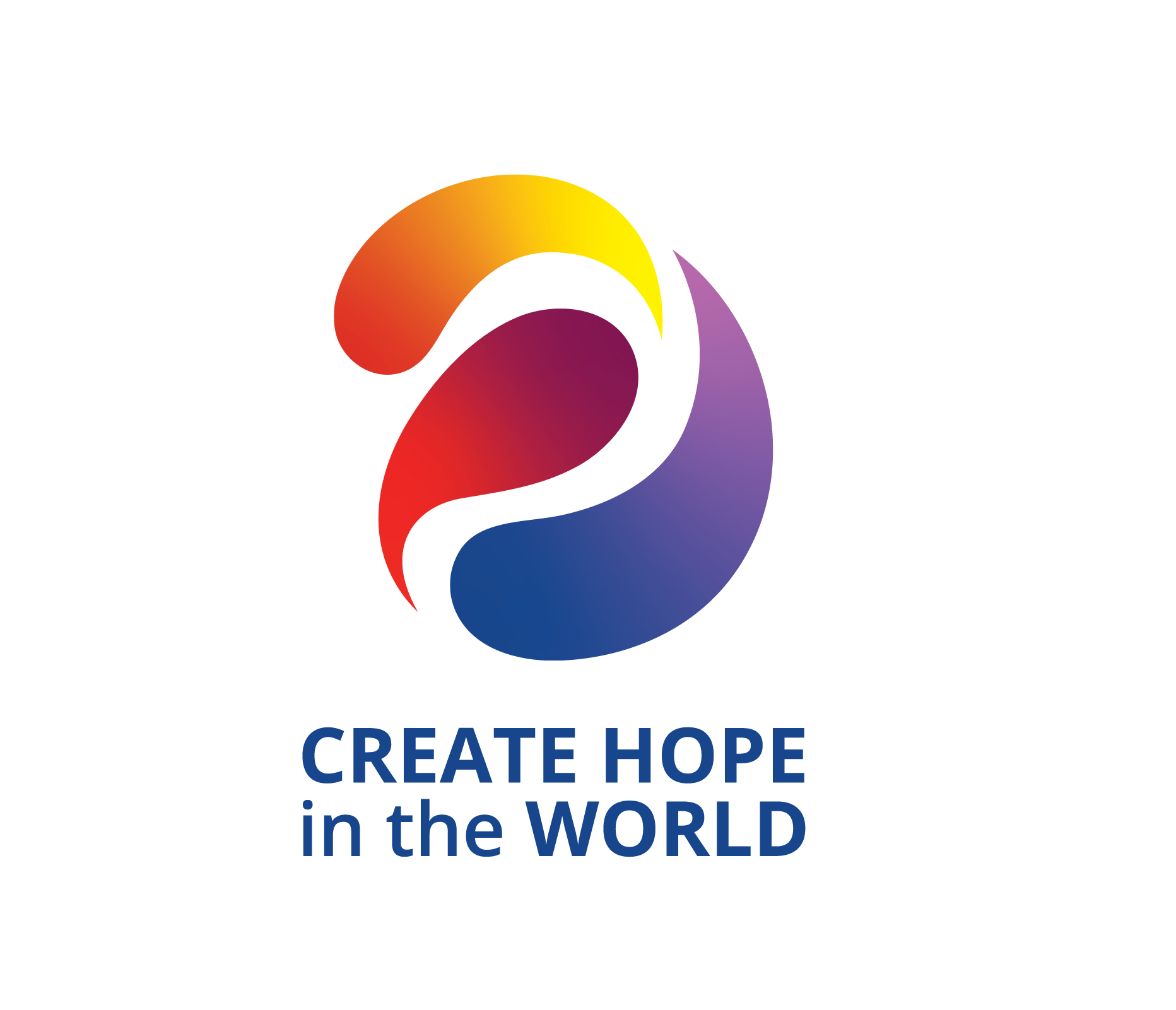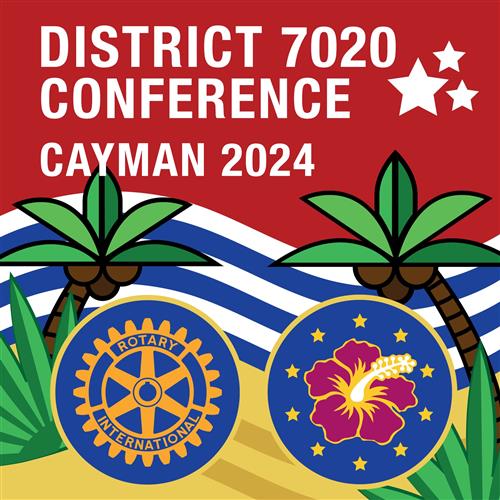Water & Sanitation
Water & Sanitation

Introduction
………………………………….
In the coming year these District 7020 web pages will:
1. Give you examples of projects that your Club can do
2. Highlight projects that Clubs across District 7020 are doing in Water and Sanitation.
You may have already thought of your own projects or you may be looking for additional inspiration. Below are examples of projects your club can do in the different areas of Water and Sanitation. Please also see Rotary International’s Areas of Focus Booklet, which is available at rotary.org.
There are all levels of club participation in Water and Sanitation projects. Some are relatively simple, such as using a book with a water or sanitation theme for one’s scheduled session of reading to children at the library. Others are a bit more work but still ‘fit in’ to something your club does anyway. If you are having an event with a large public draw and generally have some information tables or displays, have a Rotaractor use the chance for an obligatory science project. They could have a display on how the local utility sources water and manages sewage on the island. The local utility may even sponsor part of the event, as happens in Hamilton, Ontario!
District Grants are good for projects under $30,000 or for which a club needs a bit more flexibility than the Global Grants provide. The application process has a deadline and funds are limited (by the amount of our contributions to the Annual Fund, remember). More information is available through your ADG, and soon through the District 7020 website.
GLOBAL GRANTS COVER:
- Wells, Cisterns, and potable water systems are still very much the ‘classic Rotary water project’ (if such a thing ever truly existed in the Rotary World).
- Latrines and toilet blocks are also still very much part of Rotary Grants.
- Hygiene and disease prevention education are also still encouraged.
BUT LOOK WHAT ELSE GLOBAL GRANTS COVER:
- Working with communities on how they manage water and sanitation systems.
- Scholarships for students seeking water and sanitation focused careers.
- Irrigation systems and livestock water supply are now explicitly eligible, and food security projects also. Remember it is fair game for a project to further multiple areas of focus.
- Environmental protection of watersheds focused on water supply is explicitly eligible. Pollution control in general is not eligible. However very few runoff problems, particularly runoff into coastal areas, are without a bacteriological issue from humans or at least from animals in some form or another. Many of our islands have limestone bedrock with relatively quick transmission of contaminants. So quite a few beach protection, sea protection, and other ‘environmental’ projects COULD FIT THE CRITERIA if their link to water supply or to bacteriological contamination of waters used by humans can be demonstrated.
- And other projects where Rotarians can show a link between what they do and the criteria below.
You are encouraged to collaborate with other clubs or organisations, or combine the numbered areas to form one large sustainable project. For Global Grants, it is entirely permissible for two clubs from the same district but from different countries to combine on one matching grant. Explore your possibilities!
From the “Areas of Focus Statements of Purpose and Goals” document at Rotary.org, http://www.rotary.org/en/grants/grants-basics/explore-grants/global-grants
Water and Sanitation
Rotary supports activities and training to provide access to safe drinking water and basic sanitation.
I. Area of Focus Statement of Purpose and Goals
TRF enables Rotarians to ensure that people have sustainable access to water and sanitation by:
1. Providing equitable community access to safe water, improved sanitation and
hygiene;
2. Strengthening the ability of communities to develop, fund and maintain sustainable water and sanitation systems;
3. Supporting programs that enhance communities’ awareness of the benefits of safe water, sanitation and hygiene;
4. Supporting studies for career-minded professionals related to water and sanitation.
II. Parameters for Eligibility
TRF considers activities targeting the following to be within the scope of the water and sanitation area of focus:
1. Access to safe drinking water (i.e. supply and quality);
2. Access to improved sanitation;
3. Improved hygiene;
4. Community development and management of systems for sustainability;
5. Watershed management and food security plans that depend on adequate water supply;
6. Water for production (i.e. crops, livestock, etc.);
7. Vocational training teams supporting the above activities;
8. Scholarships for graduate-level study in programs related to water and sanitation.
III. Elements of Successful Humanitarian Projects and Vocational Training Teams
Global grants are:
1. Sustainable – communities are able to address their water, sanitation and hygiene needs after the Rotary club/district has completed its work;
2. Measurable – sponsors can select standard measures for their area of focus from the Monitoring and Evaluation Toolkit or use their own measures to show the good results of their work;
3. Community driven – designed by the host community based upon the needs they have identified;
4. Aligned with an area of focus – as defined in the policy documents.
IV. Elements of Successful Scholarships
Global grants support graduate-level scholarships for career-minded professionals. TRF considers the following when evaluating global grant scholarship applications:
1. The applicant’s previous work experience in the field of water and sanitation;
2. Academic program alignment with water and sanitation. Examples of academic
programs include water science/engineering, water management, environmental science, epidemiology, and parasitology;
3. The applicant’s career plans as they relate to water and sanitation.
Help and Support Available from your District Water and Sanitation Chair
Further information, help and support are available from District Chair for Water and Sanitation Dawn Johnson – dawnauroraj@gmail.com. She is part of the Areas of Focus District Team.
Please see the D7020 and Rotary International websites for examples of projects on the Areas of Focus.
Download the website sponsorship guide


